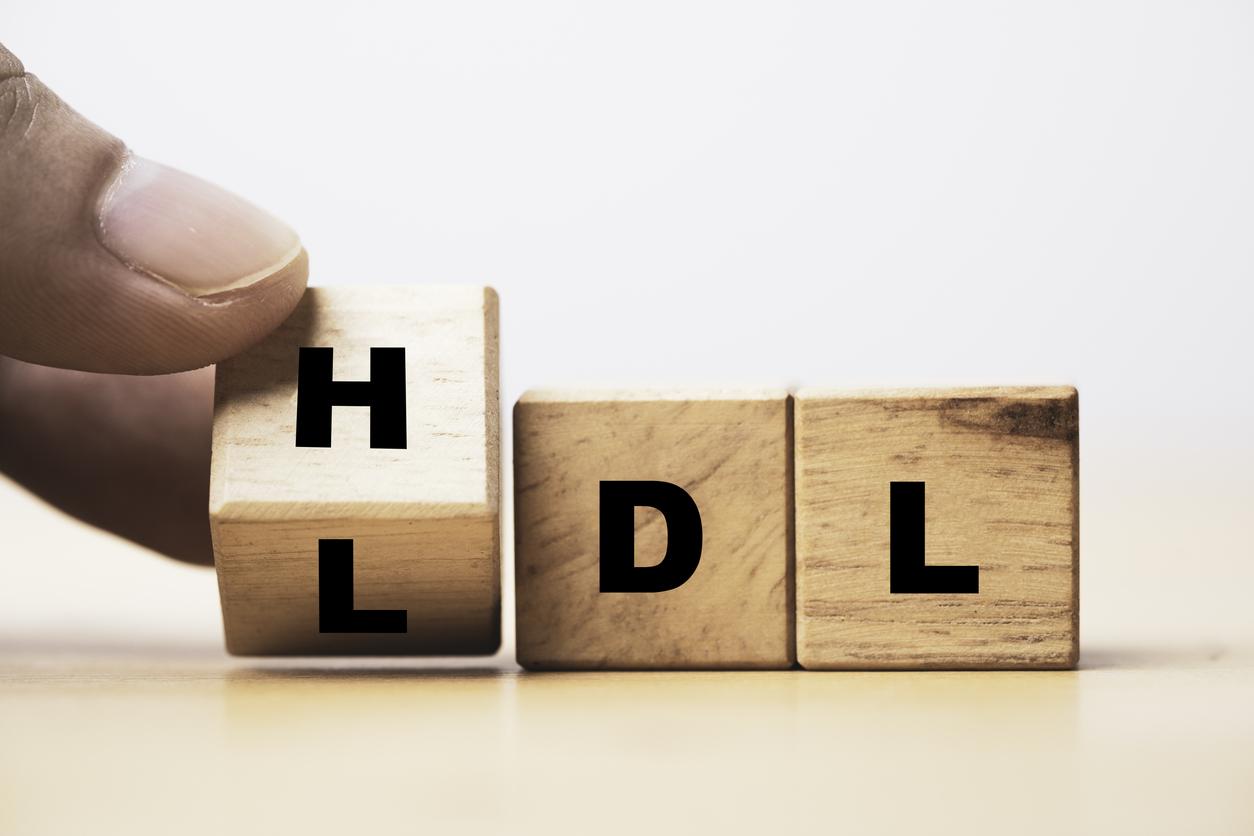Lowering cholesterol levels in diabetics after a heart attack would reduce the risk of a new accident.

Diabetic patients run twice the risk of suffering a cardiovascular accident, heart attack or stroke. A study by researchers at Imperial College London and published in Lancet Diabetes and Endocrinology demonstrates that regular injections of a drug other than statins that lowers bad cholesterol levels, the PCSK9 inhibitor, a drug given by injection that blocks the action of a key enzyme in the liver, could lower the risk of recurrence for those who have already suffered a heart attack.
A PCSK9 inhibitor instead of statins
These results come from a trial conducted on 19,000 patients who suffered a cardiovascular accident while already taking high doses of statins to lower their cholesterol levels. These patients, recruited from 57 countries, were classified into three groups: diabetic, pre-diabetic and having normal blood sugar levels. All these patients had been hospitalized after a cardiovascular accident. They were given, instead of their high-dose statins, either aliroculab (a PCSK9 inhibitor) or a placebo every two weeks.
Four months after the start of the trial, bad cholesterol (LDL) levels in patients taking alirocumab were reduced to an average of 0.8 mmol/L compared to those taking a placebo who had levels of LDL of 2.25 mmol/L. After a follow-up of 2.8 years, the team found that in the most exposed diabetics, treatment with alirocumab reduced the risk of an additional cardiovascular event by 2.3% on average.
Effective but expensive injections
Conclusion: patients with diabetes, who represent a third of victims of cardiovascular accidents, would benefit from this injectable treatment which greatly reduces cholesterol levels. A population whose identification is all the more important since, compared to anti-cholesterol treatment with statins, PCSK9 inhibitors are expensive.
“These injections are effective but expensive, so we must consider targeting them in patients with diabetes for whom the risk of heart attack is twice as high”, underlines Prof. Kausik Ray, holder of a chair in public health at Imperial College London.

.















